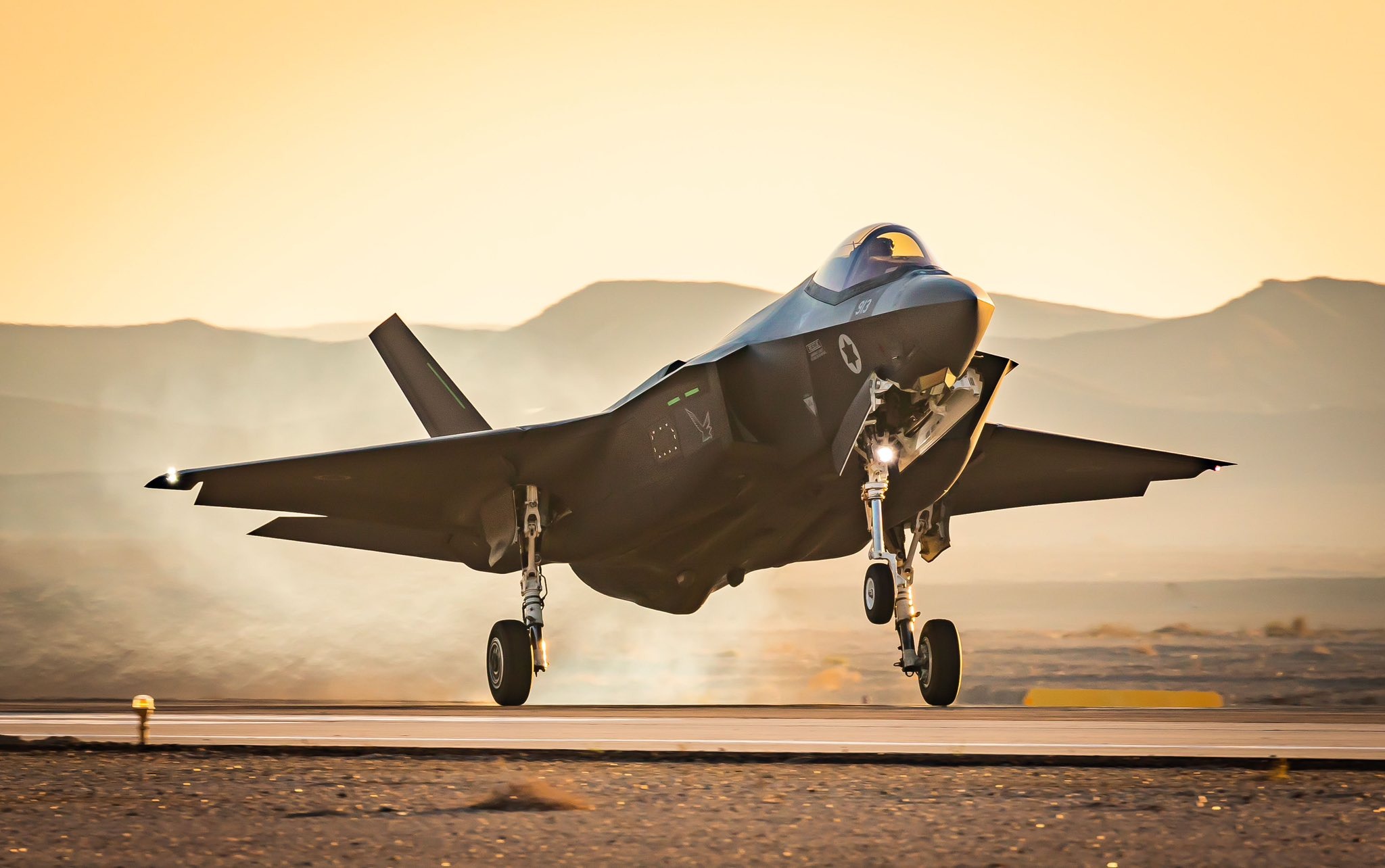Israeli airstrikes hit several sites in Syria’s Homs province early Sunday, wounding five soldiers, Syrian state media reported. Hours later, the Israeli military said it shot down an “aircraft” that crossed from Syria into Israel’s airspace.
In Iran, state media reported that an Iranian adviser who was wounded in an Israeli strike on Friday died of his wounds. Since the start of Syria’s conflict in March 2011, Iran has been a main supporter of President Bashar Assad’s government and has sent advisers since the early days of the war.
Sunday’s strike marked the ninth time Israel has struck targets in Syria since the beginning of the year, according to the Syrian Observatory for Human Rights, an opposition-linked war monitor.
State news agency SANA, citing military sources, said the strikes targeted sites in the city of Homs and surrounding countryside. Syrian air defenses intercepted the missiles and shot down some of them, it said.
The observatory reported that the missiles targeted Syrian military sites and those of Iran-linked militias, including a research center.
On Sunday night, the Israeli army said air force helicopters and fighter jets were deployed following an unidentified aircraft that seems to have crossed from the direction of Syria into Israeli territory. It added that the aircraft was monitored by the Israeli Air Force throughout the incident and it was later shot down.
There was no immediate statement from Israel on the strikes on Syria.
Israeli Prime Minister Benjamin Netanyahu did not directly mention the strikes at a meeting of his Cabinet on Sunday, but said Israel was acting against foreign threats.
“We are exacting a high price from the regimes that support terror outside Israel’s borders,” he said.
Netanyahu said that a major domestic crisis over his government’s plan to overhaul the judiciary has not affected Israel’s ability to strike.
“The internal argument in Israel doesn’t harm and won’t harm our determination or intensity or our capabilities to act against our enemies on all fronts, in any place and at any time necessary,” he said.
Later Sunday, Israel’s defense minister, Yoav Gallant, commented about Syria during a visit to soldiers in the occupied West Bank but did not directly confirm the recent airstrikes.
“We will not allow the Iranians and Hezbollah to harm us. We have not allowed it in the past, we won’t allow it now, or anytime in the future,” Gallant said. He also accused Iran of seeking to entrench its presence along Israel’s borders.
“When necessary – we will push them out of Syria to where they belong – and that is Iran,” Gallant said.
Reservists have pledged not to show up for duty so long as the overhaul moves forward, prompting military and defense officials to warn of damage to the military’s capabilities. Netanyahu has paused the overhaul for now.
Israel has carried out hundreds of strikes on targets inside government-controlled parts of Syria in recent years, including attacks on the Damascus and Aleppo airports, but it rarely acknowledges specific operations.
Israel says it targets bases of Iran-allied militant groups, such as Lebanon’s Hezbollah, which has sent thousands of fighters to support Assad’s forces.
On Friday, Israeli airstrikes hit the suburbs of Syria’s capital city, Damascus, killing an Iranian adviser, the state media of Syria and Iran reported. Iran’s state television reported Friday that Milad Heidari, an Iranian military adviser, was killed during what it called a “criminal strike” by Israel.
Iranian sate media reported Sunday that another Revolutionary Guard adviser who was wounded in Friday’s strike succumbed to his wounds. Iran’s state TV identified the adviser as Meghdad Mahghani, adding that his funeral would be held Sunday in Damascus.
An Israeli airstrike last month targeting the airport in Aleppo put it out of commission for two days. The airport has been a main conduit for aid shipments since the deadly 7.8-magnitude earthquake that hit Syria and Turkey on Feb. 6.
Israel has also struck seaports in government-held areas of Syria, in an apparent attempt to prevent Iranian arms shipments to militant groups backed by Tehran, including Hezbollah.
(AP)











